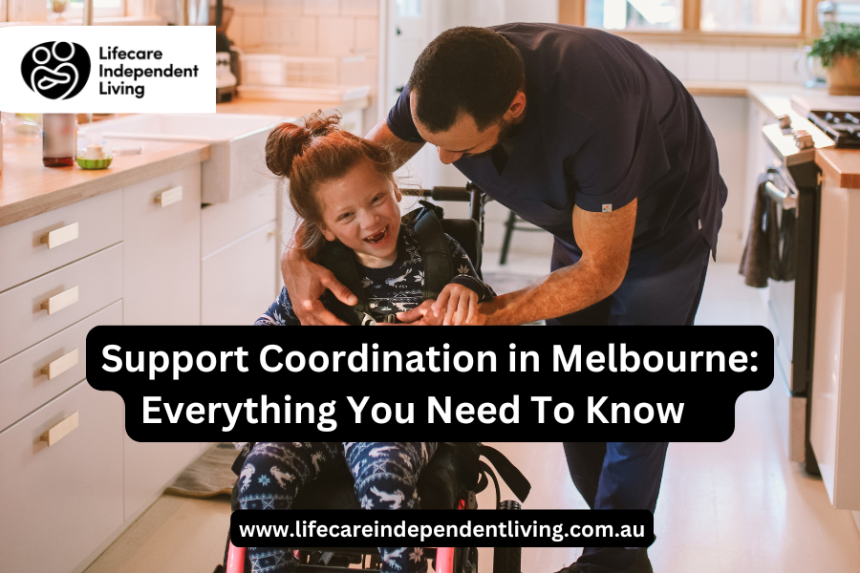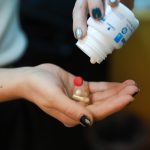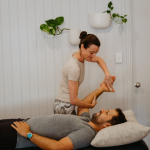What kinds of NDIS help are there for you in Melbourne?
If you live in Melbourne and have a disability, you may be curious about what kinds of help the National Disability Insurance Scheme (NDIS) can offer. There are so many choices that it can be hard to know where to start. The good news is that the NDIS is meant to let you pick and choose the supports that work best for your needs, goals, and society. Let’s look at the main types of help you can get in Melbourne and how they can help you live on your own.
Core Supports
Core supports are important services that help people handle their daily chores and routines, which makes life easier and more independent. Some of these supports are personal care, meal preparation, housework, transportation, and help with social or community events. Many service providers in Melbourne offer basic support programmes that are flexible and can be changed to fit the needs, preferences, and goals of each participant. You can stay independent, be a part of your community, and focus on the things that are most important to you if you know how to use key supports well.
Capacity Building Supports
Capacity Building Supports are meant to help people gain the knowledge and self-assurance they need to become more independent and grow as individuals over time. Some of these supports are: therapy-like physiotherapy, occupational therapy, or speech therapy; counselling; training programmes; and coordinating help. Melbourne’s character-building programmes are tailored to each person’s needs, whether they’re looking to improve their daily living skills, make new friends, get a better job, or get more involved in their community. These tools give people the power to take charge of their lives and make progress over time by focusing on skill development and personal growth.
Capital Supports
Capital supports pay for one-time, bigger purchases or investments that make it easier for participants to live on their own and safely. This can include technology that helps, mobility aids, home modifications, or special cars. NDIS providers in Melbourne can look at your needs and make unique solutions, such as wheelchairs, hearing aids, bathroom modifications, ramps, and handrails. Capital supports are meant to make your home and community more accessible, comfortable, and independent. This way, your living space will better meet your specific needs and you will be able to fully participate in daily life.
Therapeutic Services
In Melbourne, many NDIS plans give people access to a range of therapy services that help them stay independent, feel better, and live their daily lives.
Occupational Therapy
Teaches people skills they need to live, like how to cook, get dressed, and handle jobs at home or at work.
Physiotherapy
Focuses on improving strength, mobility, and general health, which helps with pain management and movement.
Speech Therapy
Helps people who have trouble communicating, speaking clearly, or eating get back to normal in their daily lives.
Psychology & Counselling
Offers mental health help, ways to deal with problems, and advice to improve emotional health and resilience.
Supported Independent Living (SIL)
Supported Independent Living (SIL) is for people who need help with everyday tasks at home, like cleaning, cooking, personal care, or keeping up with their routines. SIL can be given in shared homes or in private apartments, and the help given will depend on the needs and goals of each resident. In Melbourne, there are SIL choices in many suburbs that provide safe, structured, and helpful places to live. Not only do these arrangements focus on giving physical help, but they also work on building skills for independent living, boosting confidence, and encouraging community involvement so that residents can live full and independent lives.
Social and Community Participation
Funding from the NDIS can help people take part in social and community events. This can help them stay active, learn new skills, and feel less alone.
- Community Programmes: Find workshops, classes, or service opportunities in your area that will help you learn and grow as a person.
- Social Activities: To meet new people and make real connections, join clubs, go to group events, or take part in recreational programmes.
- Skill-Building Opportunities: Take part in events that will help you learn useful skills, like how to work with others, talk to them, or express yourself creatively.
- Better Health and Wellbeing: Regular participation in social and community programmes is good for your emotional health, your confidence, and your sense of belonging.
Employment and Education Supports
Supports for education and employment are also covered by NDIS funding, which helps participants gain skills and experience and find useful work. This can include job training, programmes that help people find work, study help, guidance, and changes to the workplace. In Melbourne, people can get help from a number of specialised providers to get ready for work or school options that match their skills and interests. Not only do these supports help people reach their learning and job goals, but they also boost their confidence, independence, and long-term personal growth. People who use these services can become more involved in their community and learn skills that will help them in the future.
Assistive Technology and Training
Assistive technology (AT) can make NDIS members much more independent, safe, and able to do daily tasks. A lot of different kinds of devices can be funded, such as communication aids, mobility aids, adaptive equipment, smart home systems, and specialist software. The NDIS does more than just give people technology; it also trains and supports them so they can use their devices successfully and with confidence. Assistive technology helps people do everyday tasks more quickly, connect with their community, and gain more independence in their daily lives by giving them the right tools and useful advice.
Conclusion
For people in Melbourne who are part of the NDIS, there are a lot of different kinds of help available. There are choices for everyone, from help with daily tasks to treatments, technology, and getting involved in the community. You can make a plan that helps you live on your own, reach your goals, and have a better quality of life if you know about these tools and pick the right one for yourself.







